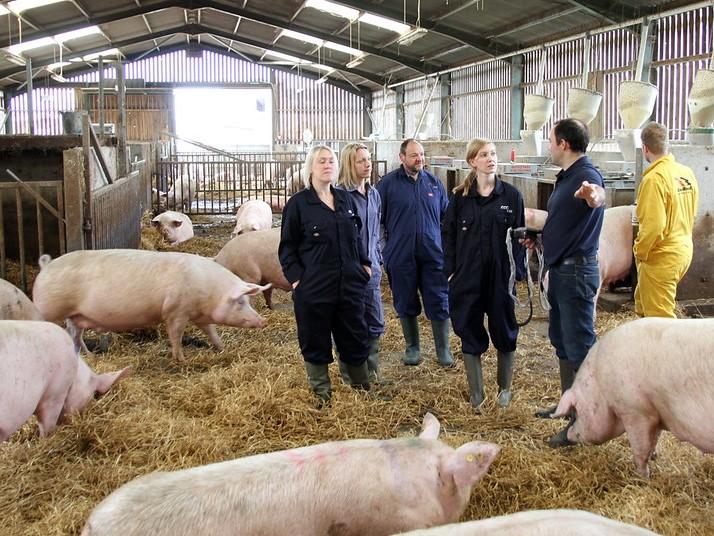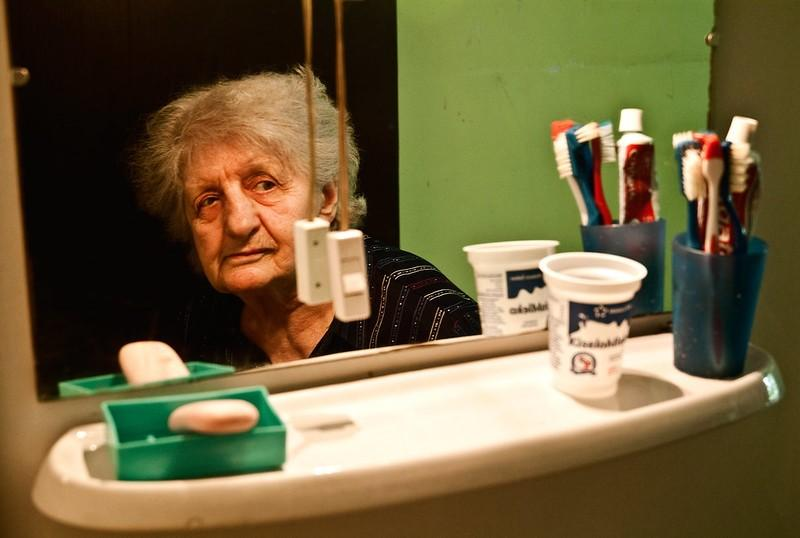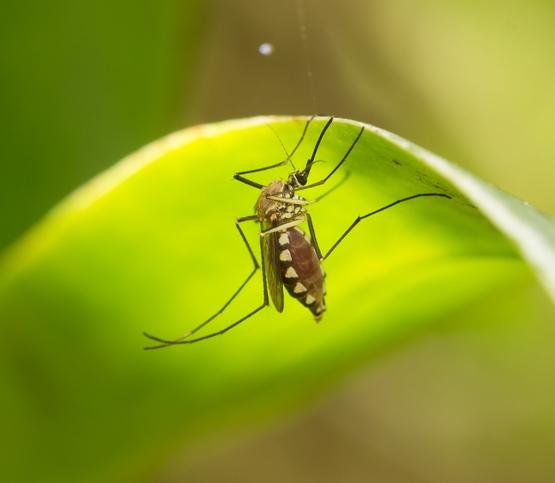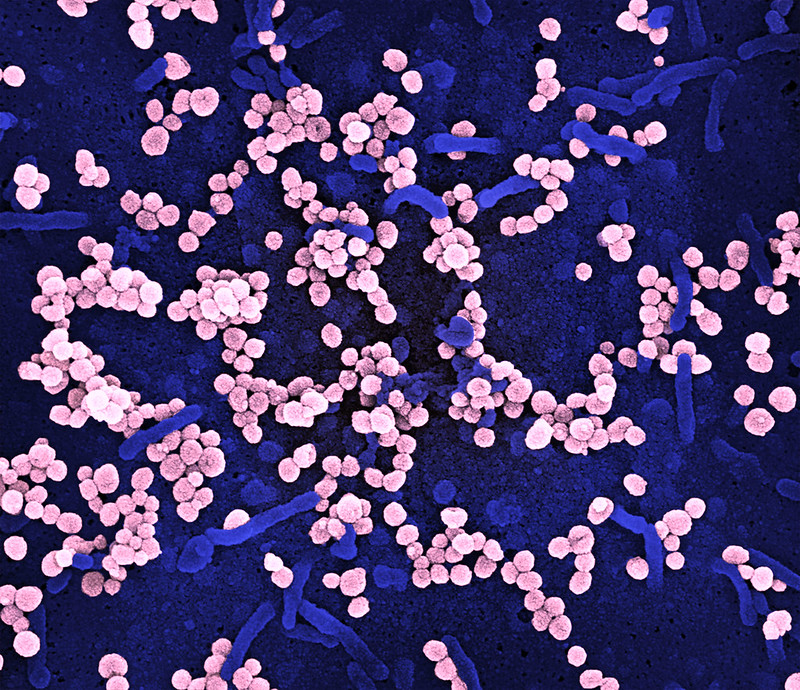
Sales of antibiotics for use in food-producing animals in the United Kingdom have fallen to the lowest levels ever recorded, according to a report yesterday from the UK Veterinary Medicines Directorate (VMD).
The figures published in the UK-Veterinary Antimicrobial Resistance and Sales Surveillance (UK-VARSS) 2022 report show that sales of veterinary antibiotics for use in food-producing animals, adjusted by animal population, fell by 9% from 2021 and have declined by 59% since 2014, the first year such figures were publicly reported.
Veterinary sales of the highest-priority critically important antibiotics, which are considered critical for human medicine, have fallen by 82% since 2014 and represented less than 0.5% of total sales in 2022.
Antibiotic use fell across most food-animal and farmed-fish species in 2022, with small increases observed in broiler chickens and trout. The pig industry remains the highest-using sector but has still seen a 74% decline in antibiotic sales since 2014.
The report also shows an increase in the proportion of Escherichia coli isolates from healthy pigs and chickens at slaughter that were fully susceptible to a panel of antibiotics, a small decline in the proportion of pigs and chicken carrying E coli with resistance genes for third- and fourth-generation cephalosporins, and an increase in fully susceptible Salmonella isolates from chickens.
Shared commitment to antibiotic stewardship
UK officials say the declines are a testament to a shared commitment to antibiotic stewardship among UK farmers and veterinarians.
"Antibiotic stewardship is embedded in UK farming and responsible use is essential to maintaining our high animal health and welfare standards," VMD Chief Executive Officer Abi Seager said in news release. "I’m encouraged that our vets and farmers continue to make reductions in their antibiotic prescribing and use."


















